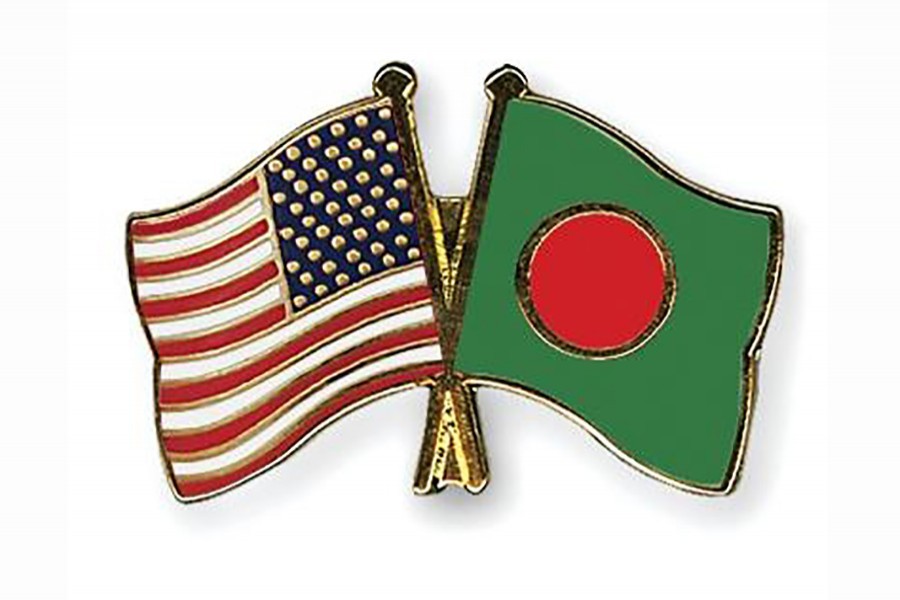
Published :
Updated :

Apart from trading assurances, no breakthrough was made in the just-concluded fifth meeting of the Trade and Investment Cooperation Framework Agreement (TICFA).
In fact, there is no progress as both sides remain in the same position as they were before," a senior negotiator of Bangladesh side told the FE on Friday.
"We've discussed the issue of market access, LDC graduation and GSP, and they raised issues related to intellectual property rights (IPR), cotton and investment climate," he said.
The meeting ended in the capital on Thursday evening.
The United States negotiators shrugged off the market access and GSP facility issue, pointing out the rigidity of the Trump administration on these issues.
On Bangladesh's plea for trade facilitation after its graduation from LDC (least-developed country) status, they did not commit anything, the negotiator cited.
On the other hand, the US has requested to stop fumigation of their cotton in Bangladesh.
Bangladesh usually conducts fumigation to ensure that cottons will be free of chemical pests.
This process increases lead time and cost of cotton export to Bangladesh, prompting many textile owners to go for other sources.
The Plant Quarantine Rules 2018 stipulates that any cotton imported into Bangladesh must carry sanitary and phyto-sanitary (SPS) certificate from competent authorities of the exporting country.
It also specifies that cotton imported from the American region requires additional fumigation at the port of entry after arrival.
Fumigation is a method of killing pests, termites or any other harmful living organisms to prevent transfer of exotic organisms.
It is mostly done on completion of the stuffing of cargo and closing the door of container.
For imports of cotton, fumigation means the process of eliminating specific cotton germ named 'boll weevil' using chemicals.
In response to the US request, Bangladesh said only technical specialists can confirm whether this process is necessary or not.
This cannot be stopped without the assessment of the specialists, it added.
About Washington's pleading for IPR, Dhaka said an act has already been introduced to enforce IPR.
The US side raised issues like delay in customs procedure as a hurdle to improve an investment climate.
They also raised the issue of further improving the labour right situation.
In reply, Bangladesh presented a progress report on the labour rights and compliance situation.
The issue of the WTO negotiation on fisheries was also raised. Bangladesh said withdrawal of subsidy from the fisheries sector is not possible right now.
On the development, Distinguished Fellow of the Centre for Policy Dialogue Dr Mustafizur Rahman said Bangladesh should continue to press for GSP as it has implications on both trade and investment.
"It's true that GSP covers not that much items, but we have to be forward-looking. In future, when we'll start producing non-traditional items, GSP will benefit us."
If Bangladesh gets GSP facility, many foreign investors may invest in non-traditional sectors here to seek GSP benefit, he explained to the FE.
"TICFA shouldn't be a platform to hear our counterparts' complaints. Since it's only for trade negotiation with the US, Bangladesh should get benefit from this platform," he noted.
mirmostafiz@yahoo.com


 For all latest news, follow The Financial Express Google News channel.
For all latest news, follow The Financial Express Google News channel.